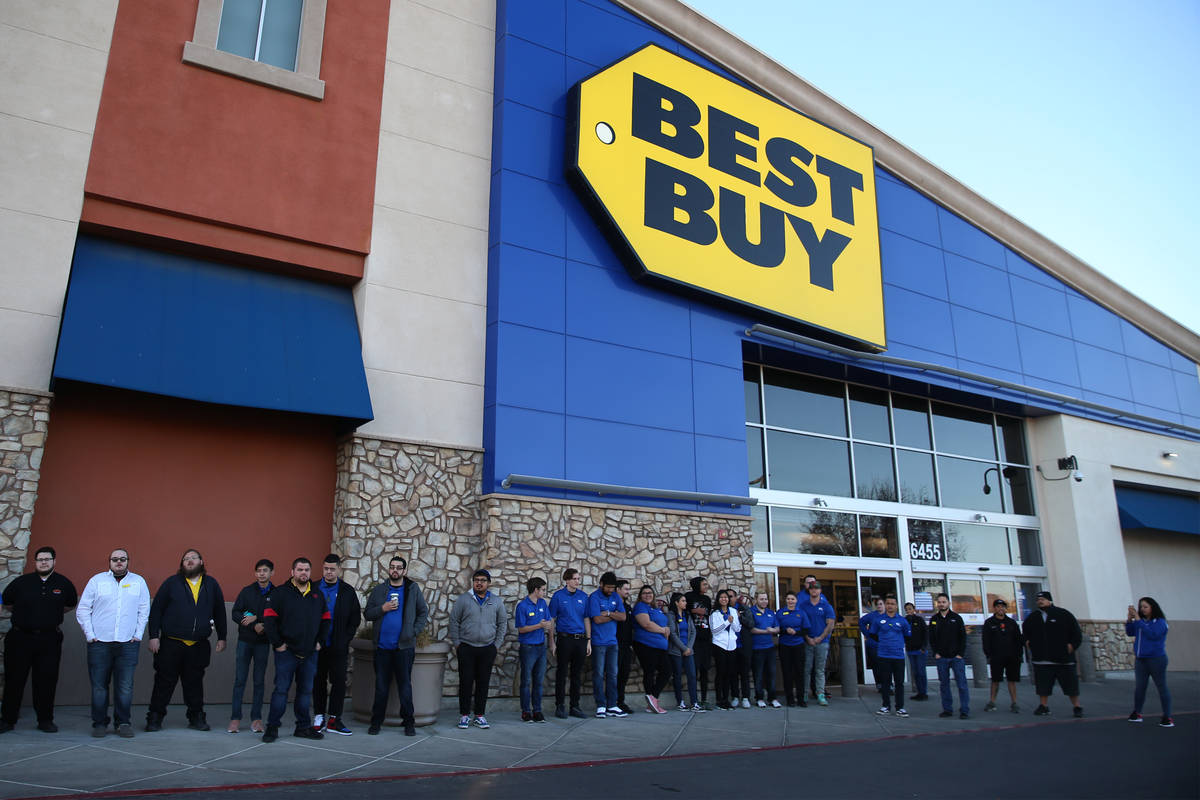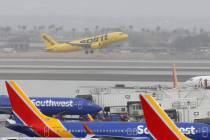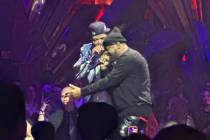CES keynote: Best Buy CEO shares lessons learned from pandemic
Best Buy saw strong sales in 2020 as homebound Americans worked, learned, ate and entertained at home.
“Enriching lives through technology became instantly the reality for every single person meaning, all of a sudden, we were all stuck at home on the backs of technology,” Best Buy CEO Corie Barry said during a CES 2021 keynote speech Wednesday. “Your kids literally, overnight, we’re learning from home. For anyone with large corporate offices, all of your employees were likely working from home. We were entertaining from home. We were cooking. Everything overnight became available on the back of technology.”
Online sales surged in 2020 after pandemic-related lockdown measures enacted in March shuttered brick-and-mortar stores throughout the U.S. Most retailers were quick to adapt, with curbside pickups and bolstering their logistics and fulfillment centers to handle the crush of online orders.
“Even as our online sales ramped (up) and, as of Q3, they were up 175 percent, 40 percent of those sales were still being picked up either in our stores or curbside,” Barry said, “so there was this real demand to be able to come to the store to get this item.”
And similar to the U.S. shortage of toilet papers at the start of the pandemic, Best Buy saw key items out of stock immediately.
“Nobody knew there’d be a run on webcams that would play at the pace of what we saw and yet, suddenly, it became the hottest item that we had and so it definitely was a challenge to make sure we had all the gear people wanted,” said Barry.
Consumers initially went to Best Buy for computers and gears, but “as you had more time to think about what the best experience might be at home, then they started bolting on the ancillary products,” Barry said. Customers added microphones, speakers, high-quality web cameras and ring lights to spruce up their new workspaces to their shopping carts.
COVID-19 an accelerant for retail changes
Many of the shopping trends will stay around long after the virus subsides, Barry said.
“There isn’t a world where people revert back to their 2019 behaviors, and part of that is just a comfort level,” she said. “I always joke that I knew the world had changed when my dad started getting his groceries ordered online and picked up curbside. He was never going to adopt that readily or at least it was going to take a lot longer, but he was forced to, and now that he’s comfortable with that curbside experience, he’s more comfortable with curbside experiences in general.”
Other industries such as telehealth – where a patient can remotely consult with a physician or a health specialist virtually – saw widespread adoption in 2020.
Best Buy’s investments in previous years toward its fulfillment centers and supply chain logistics paid dividends last year to meet the surge of online purchases.
“We flexed all of those up to meet that large scale demand,” Barry said.
The future of retail is giving consumers a variety of ways to make a purchase: “Whether the customer wanted it on their couch, whether they wanted it curbside, whether they wanted it at the counter – that needs to not matter to us,” she said. “We need to agnostically meet that customer wherever they are, and I think that’s going to be the future, for sure, of retailing.”
Contact Jonathan Ng at jng@reviewjournal.com. Follow @ByJonathanNg on Twitter.

















